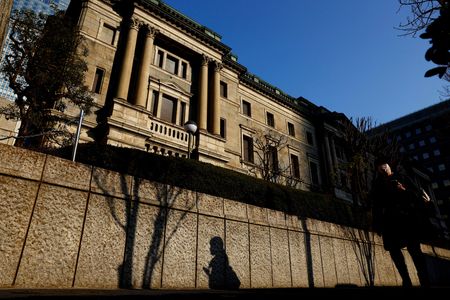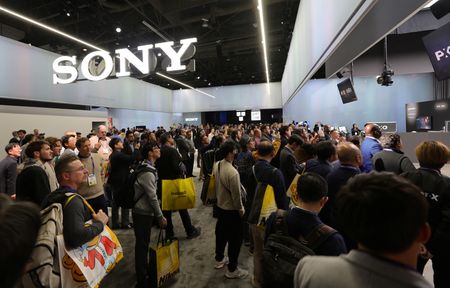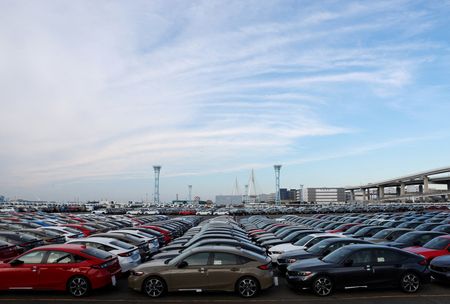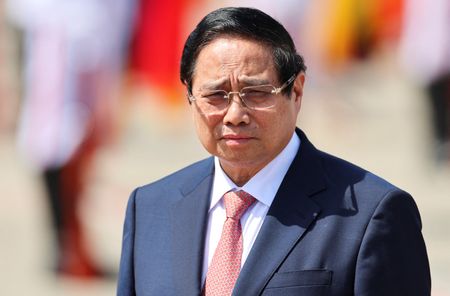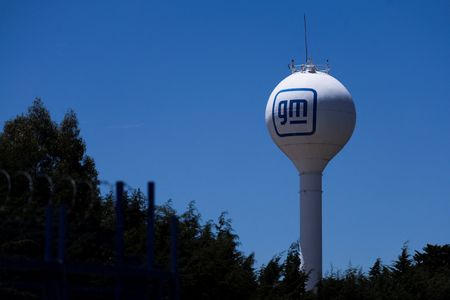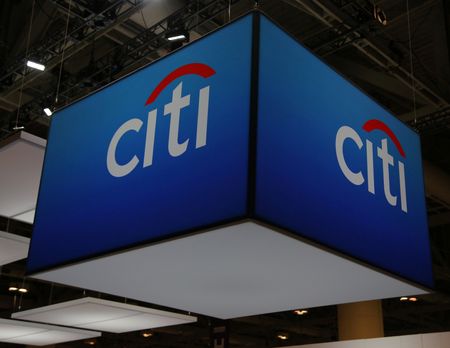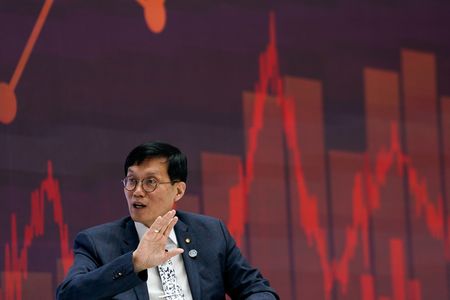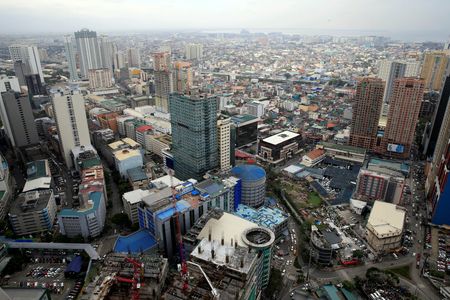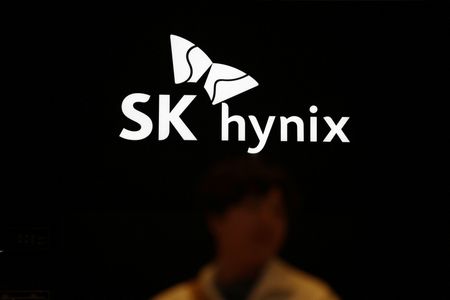By Leika Kihara and Yoshifumi Takemoto
TOKYO (Reuters) -The Bank of Japan must be cautious about raising interest rates given the expected hit from U.S. tariffs on the fragile economy, ruling party heavyweight Ken Saito told Reuters.
“The BOJ ought to be cautious as everything would be in tatters if its action cools the economy,” he said, when asked about market expectations the central bank could hike rates again later this year.
The remark highlights the political pressure the BOJ could face in resuming rate hikes as higher U.S. levies hurt corporate profits and challenge its view that firms will keep hiking pay.
Saito also urged Prime Minister Shigeru Ishiba to step down after last month’s huge election loss, saying the ruling Liberal Democratic Party (LDP) must seek a third coalition partner under a new leader.
“Japan needs a stable coalition government. Otherwise, it’s impossible to pursue consistent policies,” Saito said in an interview on Tuesday.
A former trade minister, Saito is seen by some political analysts as a potential candidate to become prime minister given his expertise in economic and trade policy.
Saito pushed back against opposition calls to cut Japan’s sales tax, saying that Japan must instead focus on growth policies aimed at creating a cycle of rising wages and prices.
The BOJ must tread cautiously in normalising monetary policy as the economy was in a critical phase of emerging from three decades of low growth and subdued inflation, he said.
Higher U.S. tariffs could also sap Japanese automakers’ profits and their ability to hike wages, Saito said.
“The BOJ seems to be worrying a lot about inflation,” Saito said. “But it needs to work closely with the government” to support the economy, said Saito, who is currently a deputy chairperson of the LDP’s tax panel.
The BOJ ended a decade-long, massive stimulus programme last year and raised interest rates to 0.5% in January on the view Japan was on course to durably hit its 2% inflation target.
Governor Kazuo Ueda has signalled the bank’s readiness to keep raising rates as inflation-adjusted real borrowing costs remain deeply negative. A Reuters poll last month showed a majority of economists expect another rate hike by year-end.
Along with the hit from U.S. tariffs, political uncertainty clouds the economic outlook.
Japan’s ruling coalition, comprising LDP and its junior partner Komeito, lost control of both houses of parliament in an upper house election in July and a lower house poll last year.
Ishiba’s ruling coalition thus needs cooperation from opposition parties to pass legislation through parliament.
But many opposition parties have said they won’t cooperate if Ishiba stays on, arguing that last month’s election outcome was a vote of no-confidence against him.
Ishiba has refused to resign, saying he must focus on taking steps to cushion the economic blow from higher U.S. levies.
Describing last month’s election outcome as a “devastating” loss, Saito said Ishiba must step down so the LDP can choose a fresh face and smoothly align with an opposition party.
“It’s best for the LDP to seek a coalition partner under a new leader,” he said, adding that Japan Innovation Party and the Democratic Party for the People could be candidates to join the coalition.
(Reporting by Leika Kihara; Editing by Sam Holmes)

